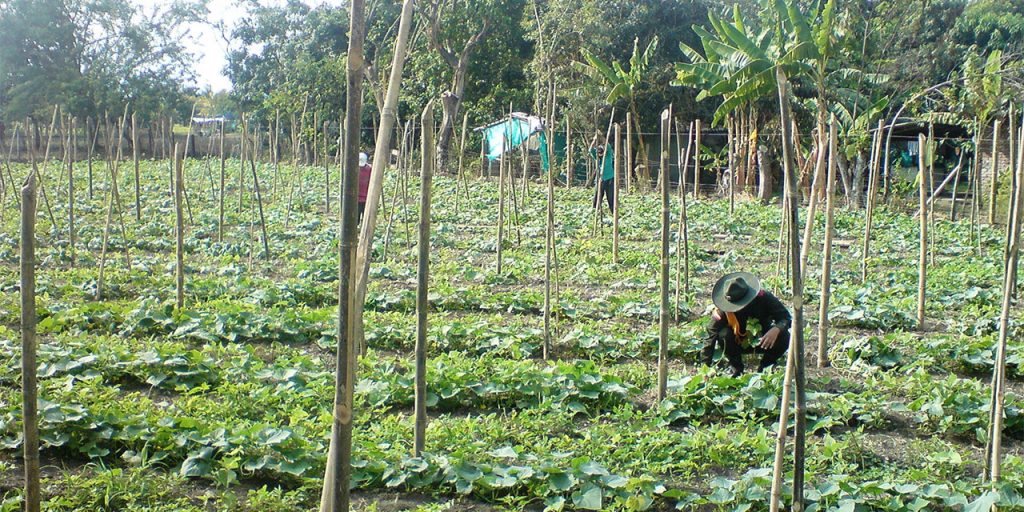Colombia’s ambassador to the United Nations was criticized this week after abstained from voting on a UN declaration that sought to advance the rights of small farmers who make up approximately one fifth of his country’s population.
The resolution supports transitions to sustainable farming practices, as well as rights to land and while seeking “to respect, protect and fulfill the right to seeds of peasants and other people working in rural areas.”
Intellectual property rights, especially over genetically modified seeds, have been a long-standing concern for countries critical of the document. Also, collective rights for indigenous communities provided by the declaration, are another reason some countries voted against it.
The declaration is the result of a 17-year campaign led by international peasants-rights organization La Via Campesina (LVC). Comprised of 182 organizations in over 80 countries, LVC plan to “mobilize to support regional and national implementation processes.”
WhyHunger?
Last week, President Ivan Duque received a letter from more than 40 farmers’ and human rights organizations, scholars and lawmakers, demanding to vote in favor of the declaration.
Ambassador Guillermo Fernandez abstained however and received fierce criticism at home.
El Espectador columnist Uriel Ortiz
Colombia is struggling to implement land reforms that are part of a Peace Agreement signed by the previous president, and the country has seen an increase in violence against community leaders since the agreement was signed.
Politicians, security officials and media contribute to violence against Colombia’s activists: report
USAID released a report last December estimating 14% of Colombia’s land has been acquired illegally, and much of it seized from peasants, indigenous communities and Afro-Colombian minorities.
The UN declaration provides specific protections for these communities.
Colombia was one of fifty-four abstentions.
Australia, Guatemala, Hungary, Israel, New Zealand, Sweden, the United Kingdom and the United States all voted against the resolution.


